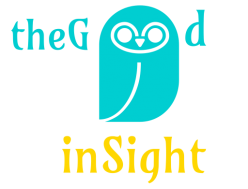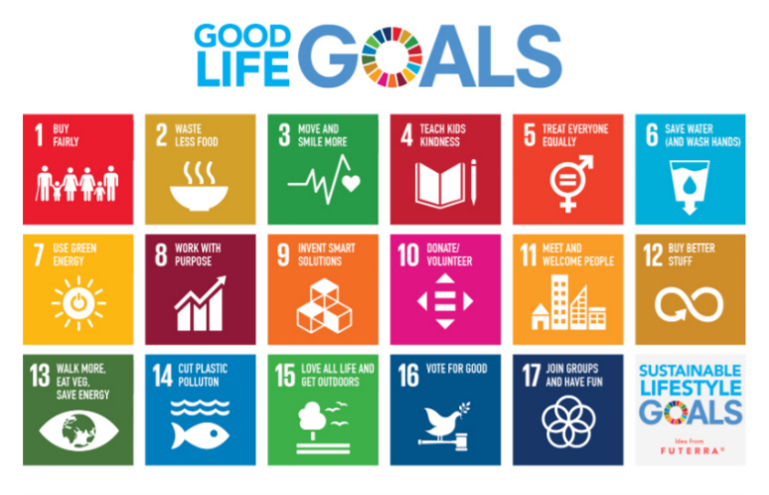A while ago I wrote about “enablers of behavioural change” or how we could use simple behavioural science to promote environmentally and socially positive actions. In order to be effective in achieving behaviour change – we should be making desired actions:
– Personally relevant
– Easy and fun to follow
– Attainable (small steps)
– A social norm (the others are doing it)
This week UN Intergovernmental Panel on Climate Change (IPCC) released its climate change report, which states that urgent and unprecedented changes are needed to avert catastrophic climate change.
The enormity of the challenge may seem overwhelming for many people. Whilst recognising that climate change needs to be averted, people may feel unclear about what they can personally do to help, or sceptical about the impact of their individual actions.
That’s why I really like what Futerra, international sustainability strategy and creative agency, has done with communicating UN’s 17 Sustainable Development Goals (SDGs) using behavioural science.
Launched last week, Good Life Goals provide simple actions for individuals to follow to live more sustainable lives personally and contribute to the 17 SDGs.
Good Life Goals simplify sustainable living by making it:
– Personal and relatable
– Fun and clear
– Broken down into small achievable steps
– Optimistic
– Flexible for people to pick and mix
– Beneficial for individuals themselves, as well as other people and the planet,
and by giving everyone a role and uniting people through urging a collective action.
By providing personally relevant links to each SDG, the Good Life Goals send a message that we all, individually and collectively, can play an important role in defining the future,
says Futerra’s co-founder Solitaire Townsend, writing in GreenBiz,
I personally believe that people power is as important as powerful people.

